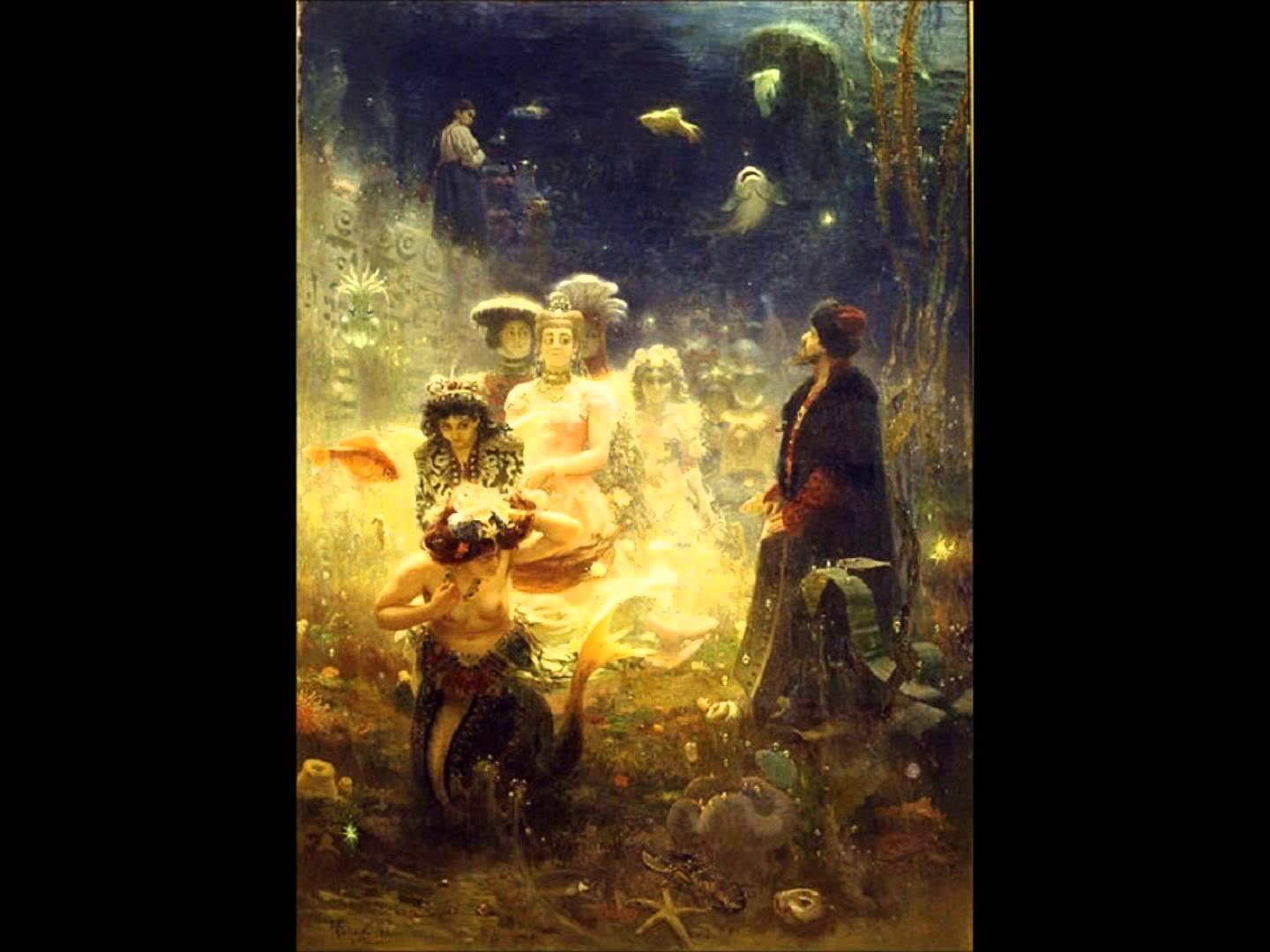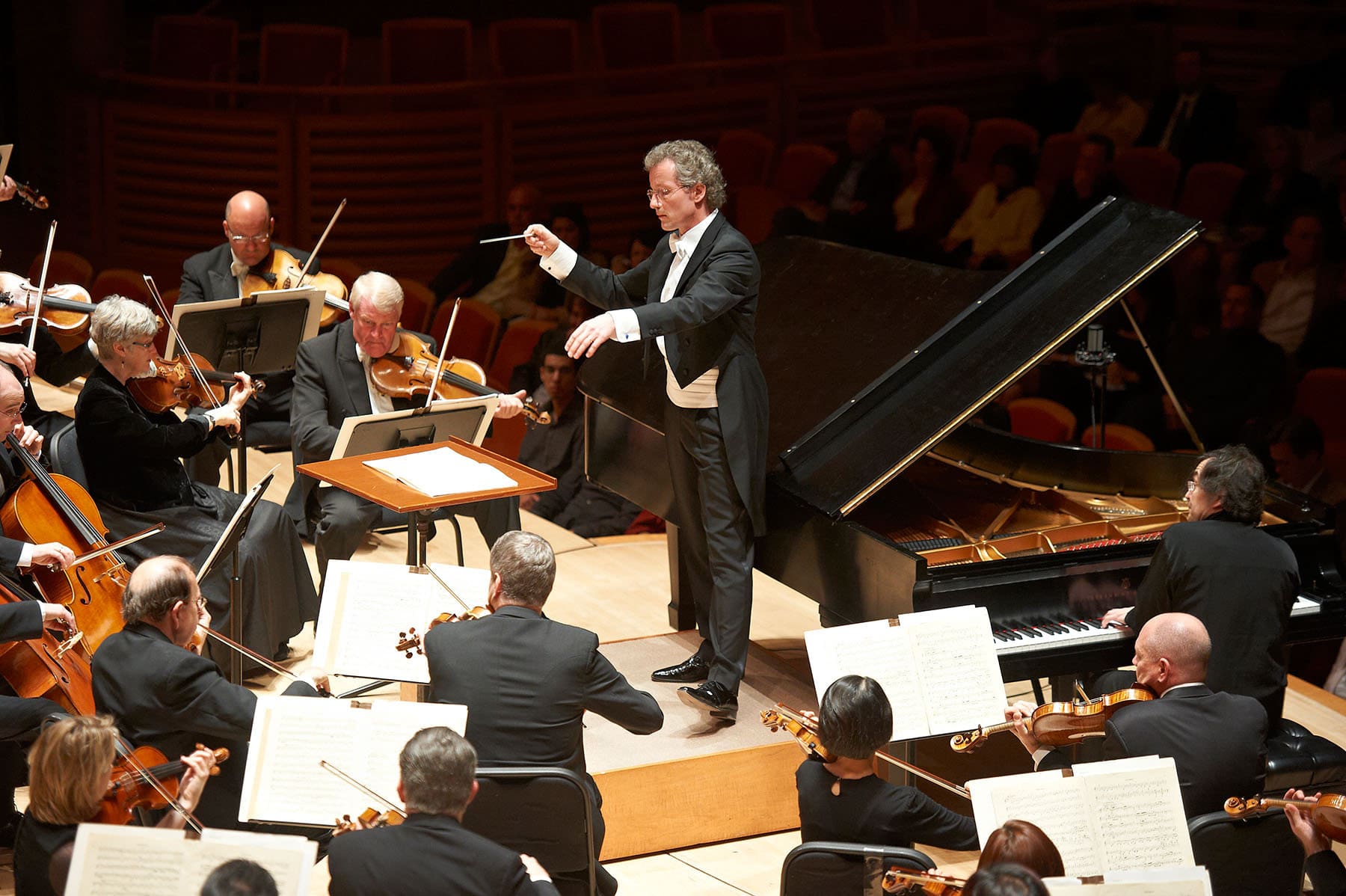Opera of the Week is the insatiable nymph
OperaSlippedisc’s Opera of the Week from OperaVision takes you often to the unexpected.
To Opera Braunschweig, for instance, one of many outstanding German companies which is premiering a production of Dvorak’s Rusalka by award-winning director Dirk Schmeding.
US soprano Julie Adams sings the nymph.
Streamed on OperaVision on 13 August 2021 at 19:00 CET (1300 New York) and available until 13 November.






Ilya Repin’s masterpiece Sadko (as in Rimsky-Korsakoff’s eponymous opera) made me look into possible connections between Rimsky’s and Dvorak’s operas. The obvious common thread is the underwater world. Further information from more knowledgeable people will be appreciated.
The Russalka entry in the wikipedia features a beautiful painting by Ivan Kramskoi, Russalka.
https://en.wikipedia.org/wiki/Rusalka#/media/File:Iwan_Nikolajewitsch_Kramskoj_002.jpg
Norman, please, at the very least, get the name of the institution correct. It is not “Opera Braunschweig”, but “Staatstheater Braunschweig”, an important distinction for German theaters and hanging front and center on the preview window of the video you include with the story.
Since Norman is interested in all things Mahler (as am I), I thought I would copy and paste this tidbit from Marina Mahler’s “Mahler Foundation” website. It appears that Mahler favored Smetana’s music to that of Dvorak’s, and that might have played a role in Mahler not securing the German language premiere of “Rusalka” in Vienna. However, I read somewhere else that negotiations got tangled over the German translation itself (?). Regardless, here is what is stated at the Mahler Foundation site: “In 1898 Mahler presented the world premiere of Dvorak’s “A Hero’s Song” with the Vienna Philharmonic. In 1901 Mahler sought to stage Rusalka at Vienna’s Hofoper, where he was artistic director in the years 1897–1907. Dvorak, who had his whole life tried without success to establish his stage works abroad, welcomed this initiative and, in September 1901, travelled to Vienna to present Mahler with his own score of the opera. Mahler and Dvorak subsequently entered into correspondence concerning conditions for staging the opera. For a long time the Hofoper’s management rejected Dvorak’s somewhat excessive financial demands, nevertheless, after Mahler’s intervention, they were accepted after several months of negotiations. For a number of reasons, however, the Hofoper repeatedly postponed the premiere of Rusalka. Gustav Mahler’s sentiments must have played a role here: after a thorough scrutiny of the score, he was now inclined to believe that the opera would not be a success. Dvorak would not live to see a performance of Rusalka at Vienna’s Hofoper; it was finally staged there many years later, in 1987.”